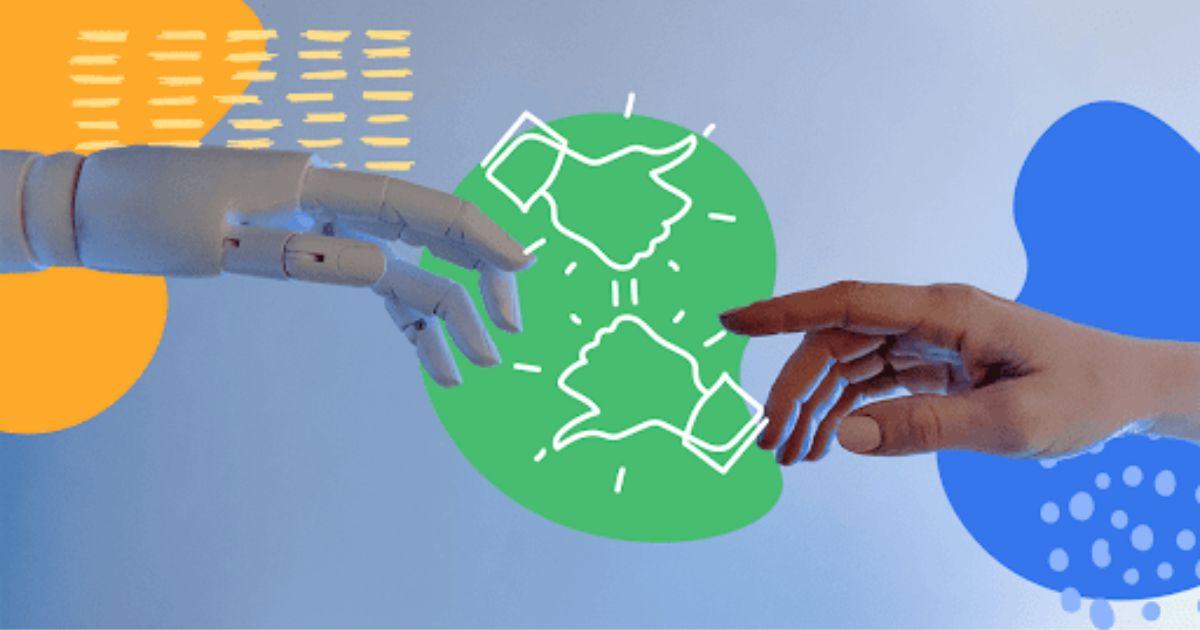Introduction
Whether you realize it or not, Artificial Intelligence is already part of your daily routine. From voice assistants that help you schedule your day to personalized recommendations on streaming platforms, AI is quietly woven into modern life. But beyond convenience, it’s also making bold moves in more serious arenas—like diagnosing diseases, enhancing online education, speeding up legal processes, and even assisting in mental health care.
As we step deeper into 2025, AI’s influence is expanding rapidly, offering both remarkable benefits and raising important concerns. In this article, we’ll explore how AI is transforming major sectors—what it’s solving, and where it might be creating new problems.
📚 Key Sectors Transformed by AI in 2025
| 1 | AI in Law: Faster Case Resolutions or Ethical Dilemmas? AI tools can sift through legal data faster than any human— but justice may be compromised if bias and lack of nuance go unchecked. |
| 2 | AI in Military: Strategic Edge or Autonomous Threat? AI enhances defense with faster decisions and smarter surveillance— but autonomous weapons and lack of oversight raise serious ethical risks. |
| 3 | AI in Healthcare: Revolutionizing Treatment or Risking Misdiagnosis? AI-powered diagnostics and robot-assisted surgeries are saving lives— but algorithm errors and over-reliance on machines raise serious safety concerns. |
| 4 | AI in Education: Smart Learning Tools or Risk to Human Connection? AI tutors and adaptive platforms personalize learning like never before, yet students may lose emotional connection with real educators. |
| 5 | AI in Finance: Smarter Investments or Algorithmic Pitfalls? From robo-advisors to fraud detection, AI is optimizing the financial world— though market volatility and opaque algorithms pose new risks. |
| 6 | AI in Mental Health: 24/7 Support or Emotional Detachment? AI chatbots offer instant mental health support, but can they truly understand or replace human empathy and clinical judgment? |
| 7 | AI and Jobs: Enhanced Productivity or Mass Unemployment? Automation boosts efficiency and handles repetitive tasks, yet millions face job displacement and the need for rapid reskilling. |
| 8 | AI in Transportation: Safer Roads or Machine Errors? Self-driving cars and smart traffic systems reduce accidents— but technical failures or unpredictable environments still pose challenges. |
| 9 | AI in Retail: Personalized Shopping or Privacy Invasion? AI tailors product suggestions and automates inventory, but collecting and exploiting customer data raises ethical red flags. |
| 10 | AI in Cybersecurity: Intelligent Defense or Weaponized Code? AI helps detect threats and defend networks in real-time— yet it can also be used by hackers to create advanced cyber attacks. |
| 11 | AI in Entertainment: Creative Collaboration or Creative Control? AI is co-writing scripts, generating music, and creating art— some celebrate it, others fear it’s diluting human creativity. |
| 12 | AI in Government: Progress or Privacy at Risk? AI is transforming public services and smart cities— but at what cost? Explore how surveillance tech may threaten privacy and civil liberties. |
| 13 | Ethics of AI: Fair Innovation or Built-in Bias? From biased datasets to lack of regulation, the ethical debate around AI is intensifying— who’s accountable when machines go wrong? |
🤖 Embracing AI with Awareness
As we’ve seen, AI is no longer confined to science fiction—it’s embedded in the very fabric of our daily lives. From hospitals to classrooms, courtrooms to shopping carts, its impact is undeniable. But so are the risks.
Each sector tells a different story—of breakthroughs and blind spots, of promise and peril. And this is just the beginning.
This article is your starting point. Use the table above to explore each sector in depth, understand the trade-offs, and decide where you stand in this fast-changing world.
💡 Curious how AI is affecting your industry or lifestyle? Click on any section above to learn more.
